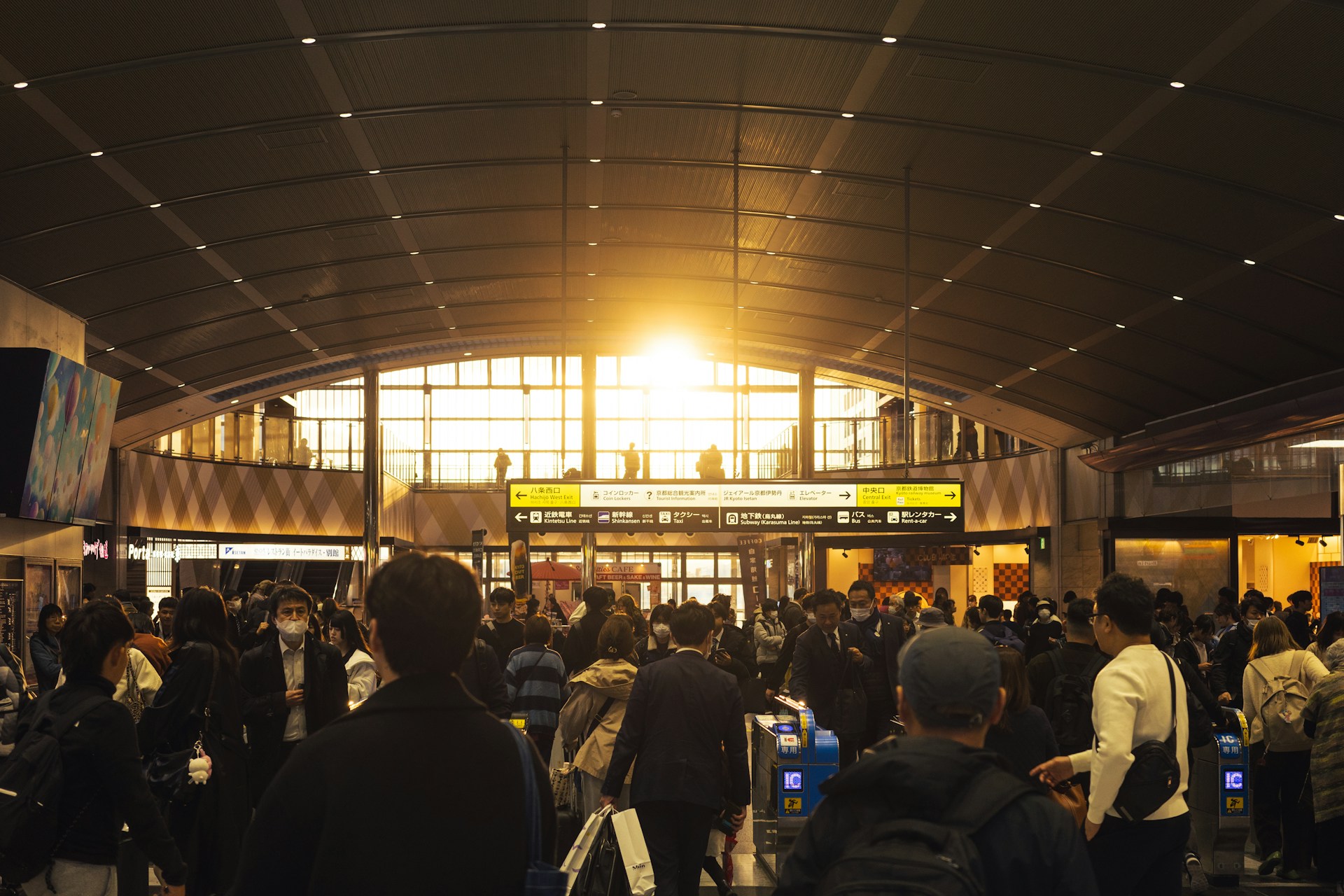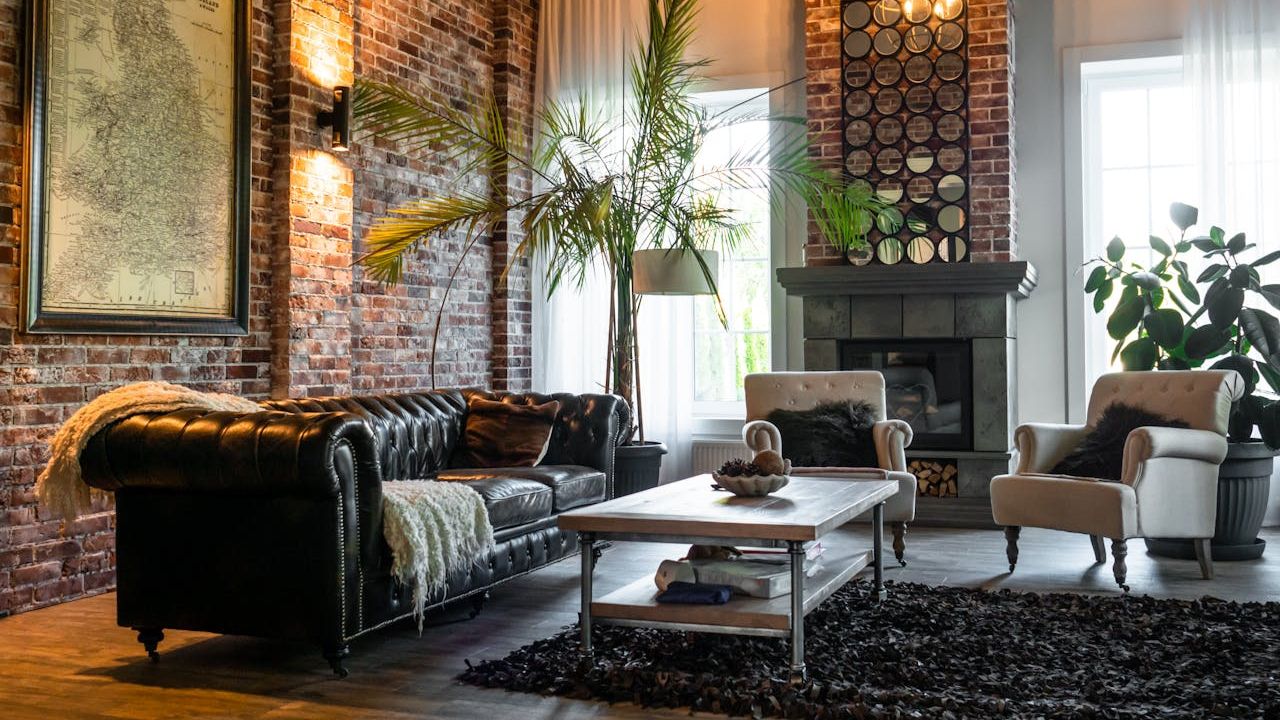The best trips run on quiet awareness. Locals notice who reads the room, moves with the crowd, and treats shared spaces with care. Small lapses can grow loud: a suitcase parked in a doorway, a speakerphone call that turns a carriage into a stage, a selfie that tramples a boundary. Etiquette shifts from city to city, but respect travels well. These common missteps show how easily good intentions slip, and how a little context makes any journey feel more welcome and less chaotic.
Blocking Foot Traffic and Cutting Queues
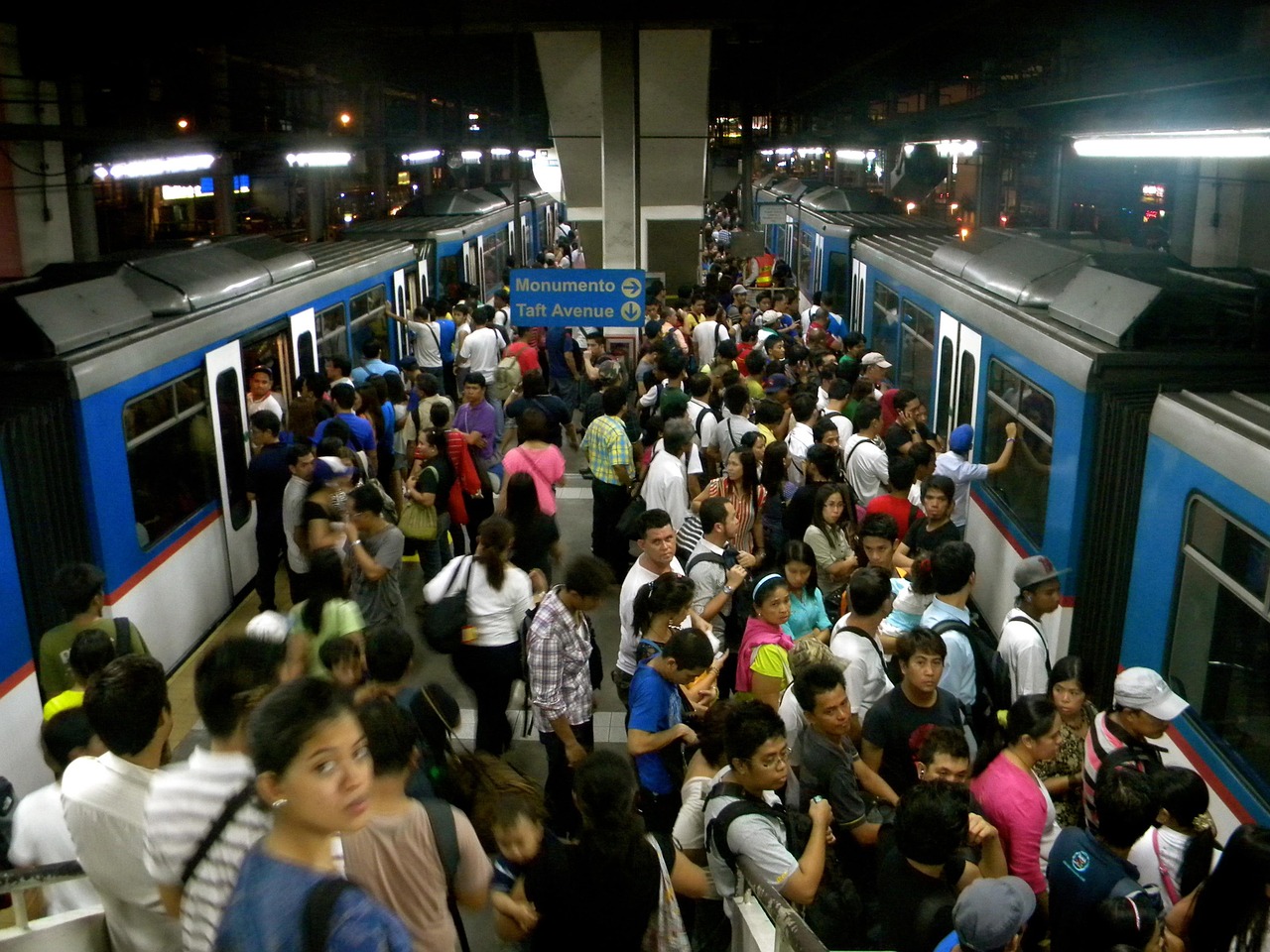
Crowded hubs rely on flow. Travelers who stop at the top of escalators, sprawl bags across platforms, or slide into lines midstream advertise inexperience fast. Local habits matter, like standing to the right on escalators or leaving train doors clear so riders can exit first. A quick scan for arrows, barriers, and posted floor markings keeps spaces moving. Respect for space sets the tone for everything that follows, and it costs nothing to give it.
Broadcasting Noise in Shared Spaces
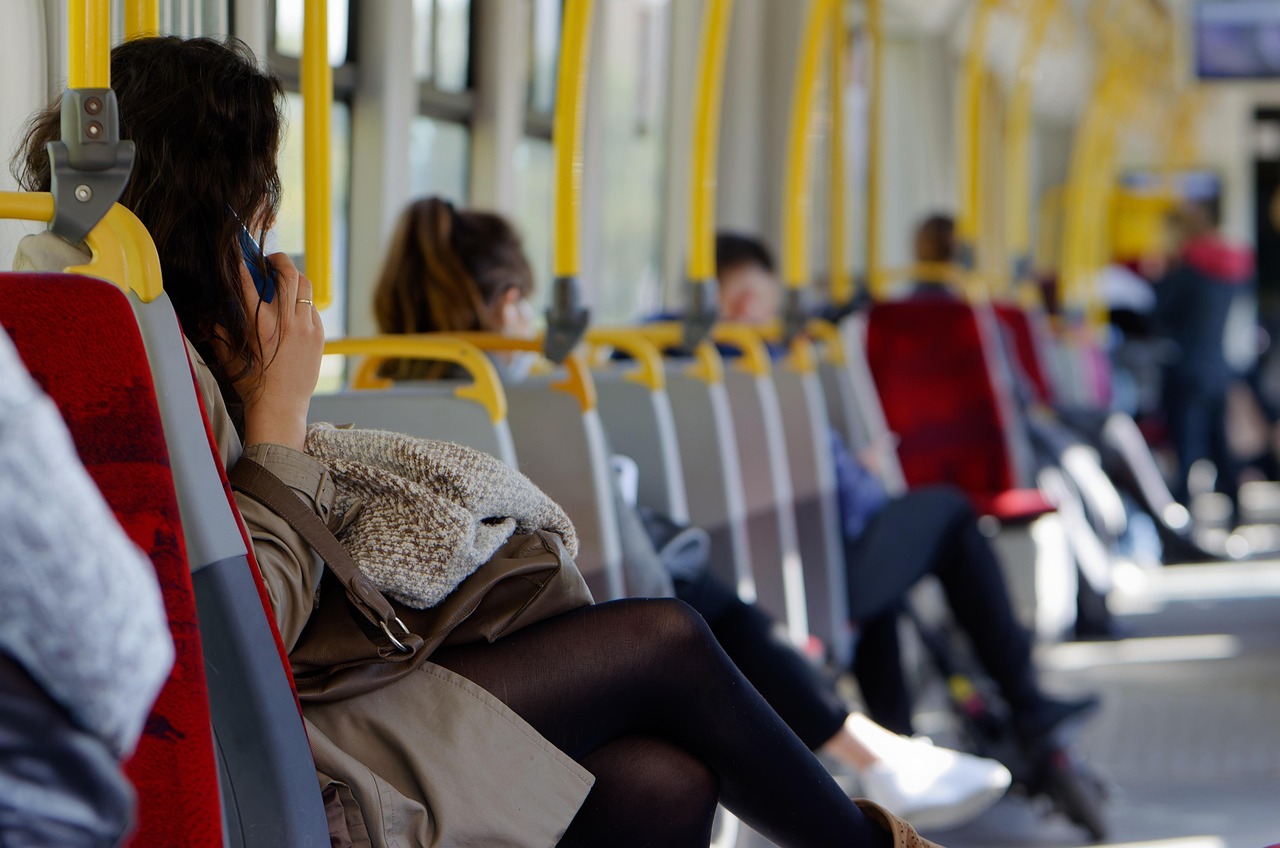
Volume tells a story before words do. Speakerphone calls on buses, portable music in plazas, and loud debates in hushed museums turn private moments into public theater. Cities carry their own soundtrack already, from station chimes to market sellers, so extra layers feel intrusive. Headphones, indoor voices, and short calls show regard for people who cannot step away. That same awareness reads as care, and it earns more patience when inevitable mistakes happen.
Turning Sacred or Civic Sites Into Props
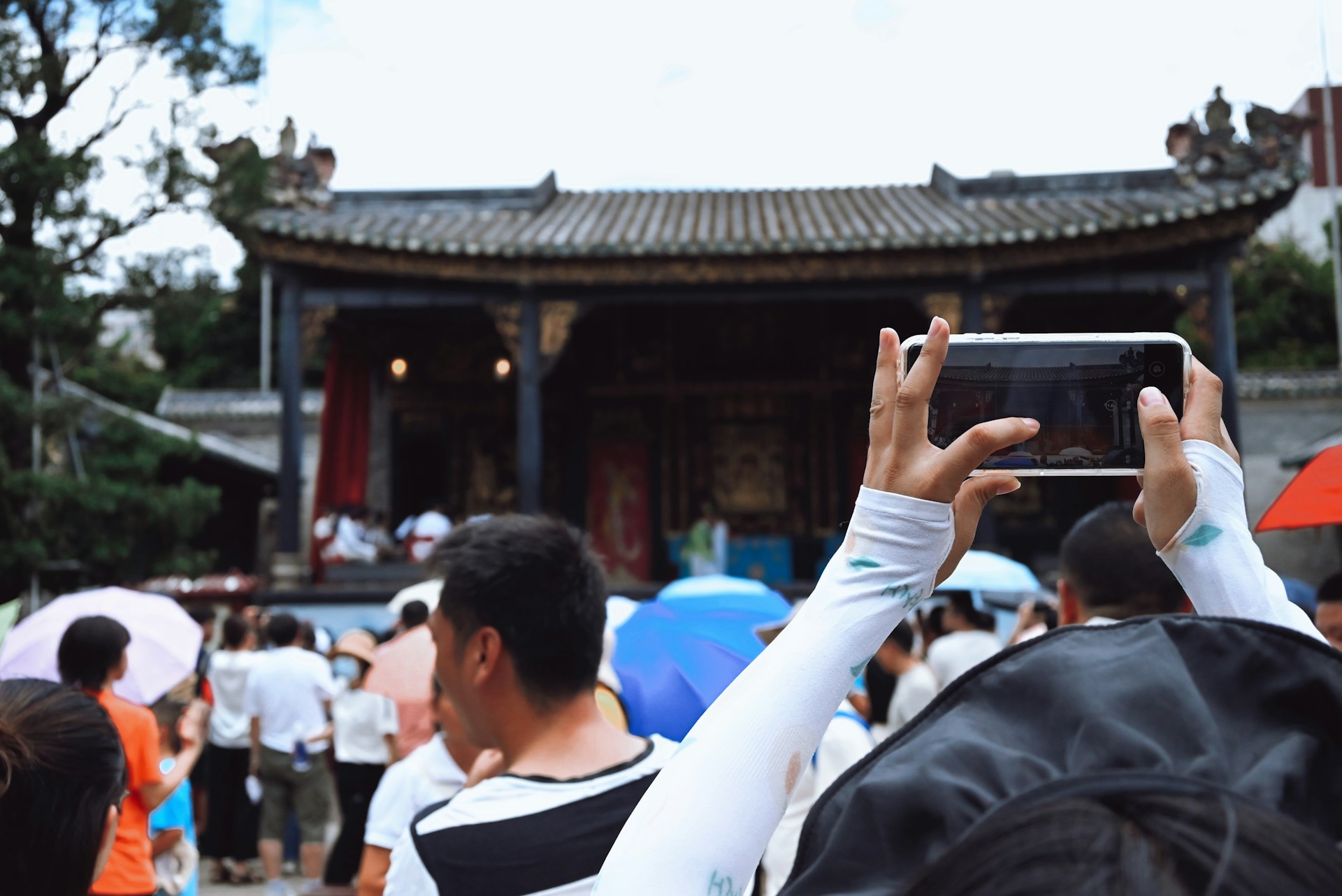
Temples, memorials, and government buildings are not just backdrops. Climbing statues, blocking names on walls for selfies, or staging stunts on church steps crosses lines that locals value deeply. Dress codes, photography bans, and quiet zones often appear at entrances for a reason. A minute spent reading plaques or watching how others behave pays off quickly. The photo still comes, and the memory carries more meaning because the place received proper attention.
Misreading Transit Rules and Tickets
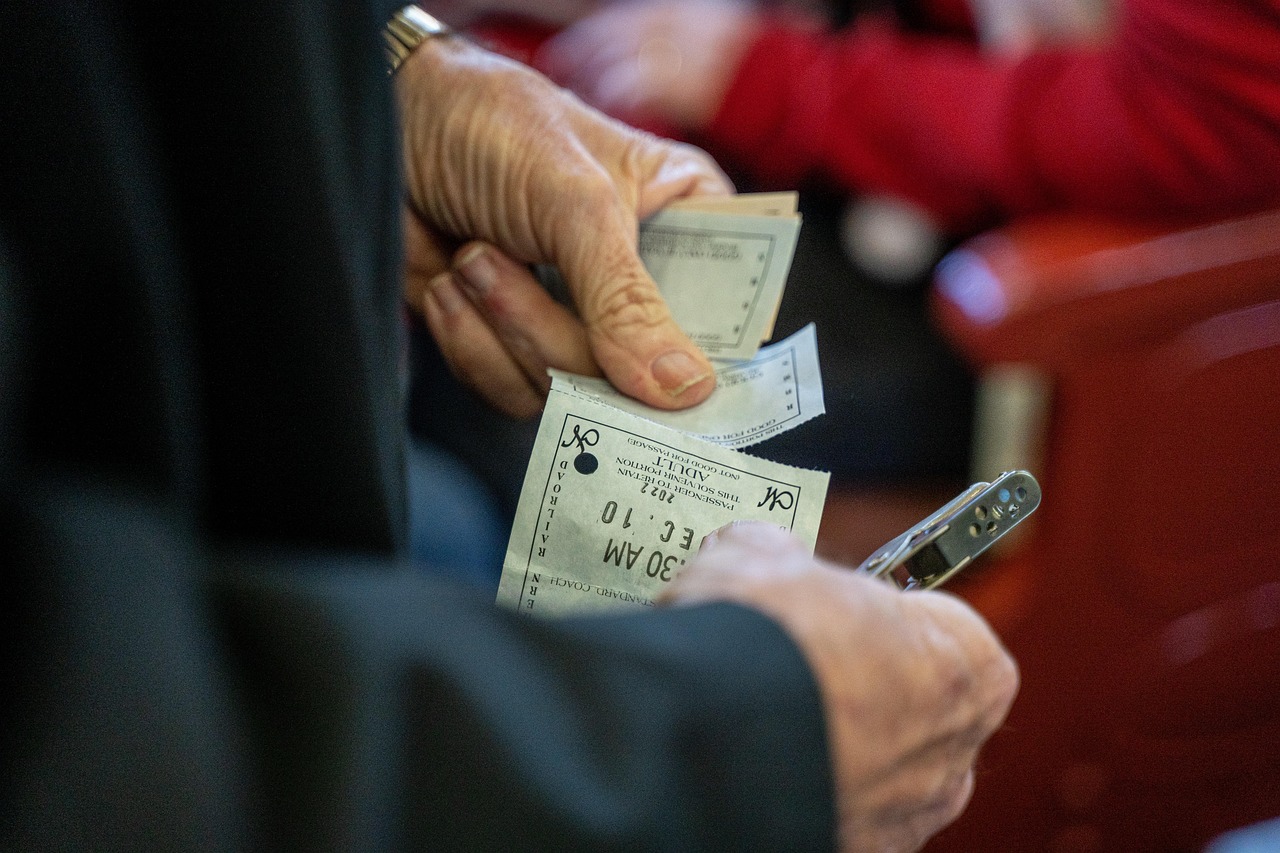
Public transport looks simple until validation rules shift. Skipping stamp machines, riding without correct zones, or standing in bike lanes during rush hour guarantees side eye and, at times, fines. Seats marked for elders or families are not suggestions, and bags belong off spare seats. Watching how regulars queue, board, and exit solves most puzzles in two stops. Local systems run on rhythm, and travelers who match it blend in while getting where they need to go.
Ignoring Dress and Dining Customs

Beachwear away from the beach, hats in houses of worship, or strong scents in small dining rooms can clash with local norms. Tipping varies widely, from included service charges to cash on the table, and splitting checks at peak times may be unusual. Reservations, quiet hours on terraces, and payment preferences shift by neighborhood. A brief check of posted notes or a kind question to staff prevents confusion and keeps the meal or visit relaxed.
